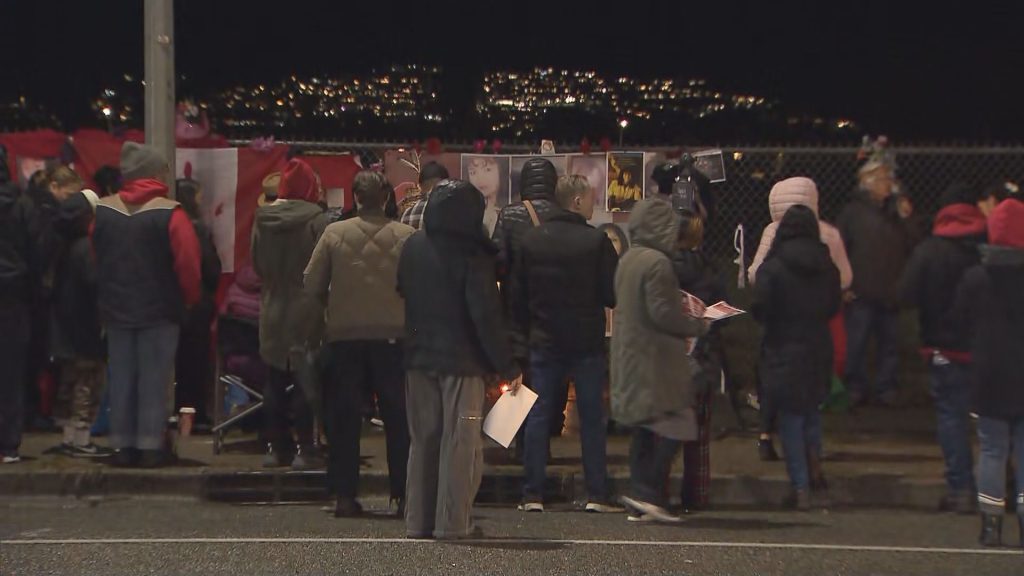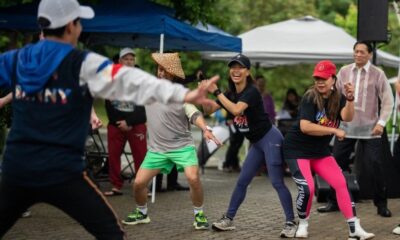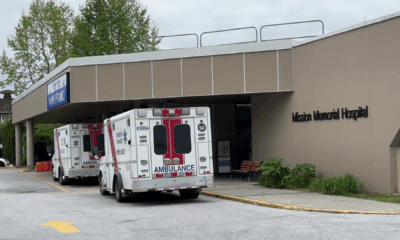Local News
Port Coquitlam vigil remembers victims of Robert Pickton

Tears were shed in Port Coquitlam Wednesday evening, as loved ones of women murdered by a B.C. serial killer gathered at the property where many of their remains were found.
Lorelei Williams told the crowd she felt it was important to hold the event at the site on the night before convicted murderer Robert Pickton becomes eligible for day parole.
Earlier on Wednesday, Williams told The Leader Spirit her cousin Tanya Holyk’s DNA was found at Pickton’s former pig farm. Like Holyk, many of the women being remembered at the vigil were Indigenous.

“I feel like it’s important to do this because it’s showing our horrible, racist justice system that we live with,” Williams said. “It’s not ours, it’s not the Indigenous ways.”
Various friends and family members shared memories of their lost loved ones with the crowd.
“I’m very thankful that we can be here for one another… we’re all sisters and that couldn’t be said any louder or prouder and on behalf of these beautiful women behind us,” one speaker said.
Raven Hall, a niece of Holyk, told the crowd what could have been of Holyk’s life.
“Tanya had a son named Gary who lives on the east coast. Tanya would have been a grandma,” she said.
“I just wanted to come here and stand with the rest of the families, and honour my auntie and keep her name alive.”
Pickton was found guilty of six counts of second-degree murder in December 2007. When the Supreme Court of Canada upheld his sentence, first-degree murder charges involving 20 other women, including Holyk, were stayed because Pickton was already serving the maximum sentence.
Beginning Feb. 22 Pickton is eligible for day parole, with eligibility for full parole beginning in 2027 – 25 years after his original arrest date on Feb. 22, 2002.
Devestated by Pickton’s eligibility arriving so soon, Williams told The Leader Spirit she wants to see murderers of Indigenous women, or those convicted of atrocious crimes, never eligible for parole and possibly let out.
While thanking the crowd for coming, Williams broke down in tears and reiterated her call to action.
“Our policies need to change in this country because if they don’t change, our women and girls are going to go missing and murdered at a high rate, still.”












